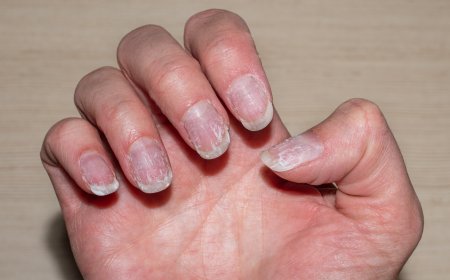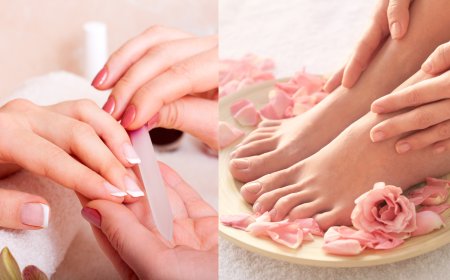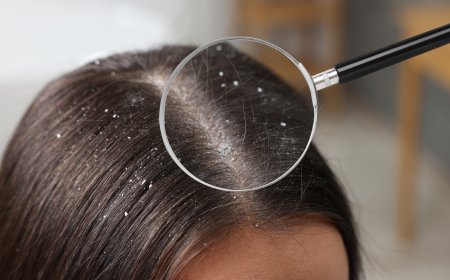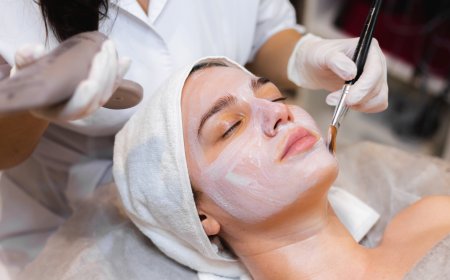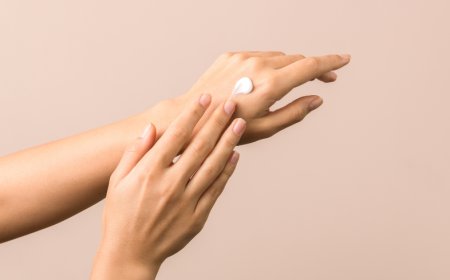The Healing Power of Touch: Understanding Massage Therapy
Discover the healing power of touch through massage therapy. Learn about its benefits, including stress relief, pain reduction, and improved overall well-being.

In our fast-paced world, stress and tension have become unwelcome companions in our daily lives. As we seek effective ways to alleviate this pressure, massage therapy emerges as a powerful tool for promoting relaxation and healing. Beyond mere indulgence, massage therapy offers numerous physical and emotional benefits, rooted in the age-old practice of healing through touch. Let’s explore the significance of massage therapy, its benefits, and what you can expect during a session.
The Basics of Massage Therapy
Massage therapy is the practice of manipulating the body’s soft tissues, including muscles, tendons, and ligaments, to enhance overall health and well-being. There are various types of massage, each with its unique techniques and purposes, including Swedish, deep tissue, sports, and aromatherapy massage. Regardless of the type, the primary aim remains the same: to promote relaxation and healing through touch.
Benefits of Massage Therapy
1. Reduces Stress and Anxiety
One of the most immediate benefits of massage therapy is its ability to reduce stress. Physical touch stimulates the release of endorphins, the body’s natural mood elevators, leading to decreased feelings of anxiety and improved mental clarity. Regular sessions can help individuals manage their stress levels more effectively.
2. Relieves Muscle Tension and Pain
Massage therapy is well-known for its effectiveness in alleviating muscle tension and pain. By applying pressure to specific areas, massage helps to release tight muscles, increase circulation, and promote the healing of sore or injured areas. Conditions such as chronic back pain, headaches, and sports injuries can often see significant improvement with regular massage.
3. Improves Circulation
The physical manipulation of muscles during massage therapy enhances blood circulation throughout the body. Improved circulation can help deliver essential nutrients and oxygen to tissues while removing toxins, leading to better overall health and accelerated recovery from injuries.
4. Boosts Immune Function
Research indicates that regular massage therapy can enhance immune function by reducing stress hormones and promoting relaxation. This boost in immune response can help the body fend off illness and disease more effectively.
5. Enhances Sleep Quality
For those struggling with insomnia or sleep disturbances, massage therapy can be a beneficial remedy. The relaxation induced by massage can improve sleep quality, allowing for deeper, more restorative rest.
What to Expect During a Massage Session
When you arrive for a massage therapy session, you’ll typically begin with a consultation. The therapist will ask about your health history, any specific areas of concern, and your desired outcomes for the session.
Once you're comfortable, you’ll undress to your comfort level and lie on a massage table, covered with a sheet or towel. The therapist will use various techniques, adjusting pressure and style based on your preferences and needs. Sessions usually last anywhere from 30 to 90 minutes, depending on the type of massage and your specific requirements.
Conclusion
Massage therapy is much more than a luxurious treat; it is a powerful healing practice that offers a multitude of physical and emotional benefits. By understanding its significance and integrating it into your wellness routine, you can harness the healing power of touch to reduce stress, alleviate pain, and improve your overall quality of life. Whether you seek relief from tension or simply wish to indulge in self-care, massage therapy is an excellent choice for nurturing your body and mind.
What's Your Reaction?


















